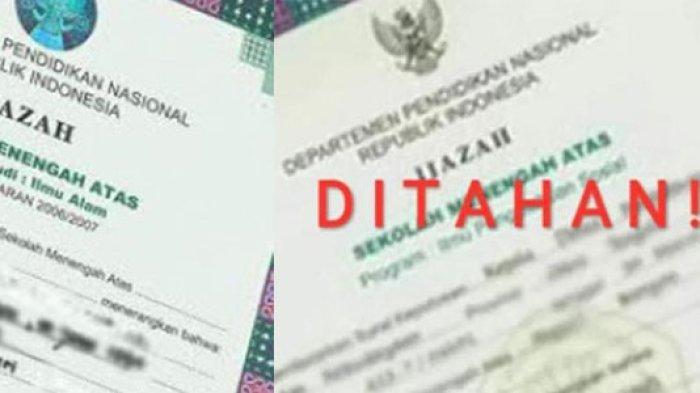UNAIR NEWS – The issue of companies withholding employee diplomas has once again sparked public debate, following a recent case in Surabaya. Critics argue that this practice not only causes administrative hardship for workers but also infringes on human rights, limiting individuals’ social and professional advancement.
Many consider the retention of personal documents, such as diplomas, by employers to be an unfair labor practice. Although it remains widespread, there is currently no explicit national regulation prohibiting it, allowing some employers to take advantage of the legal grey area.
Legal perspective
Professor Dr. M. Hadi Shubhan, S.H., M.H., C.N., a legal scholar at Universitas Airlangga’s Faculty of Law, emphasized that, from a legal perspective, withholding diplomas constitutes coercion and violates the right to freely pursue employment.
“The act of holding on to a worker’s diploma clearly disadvantages the employee. A diploma is a personal document tied to the individual and should not be withheld by an employer,” he asserted.
He added that this tactic amounts to coercion, as workers are often placed in vulnerable situations. “Employees comply out of necessity. Faced with the risk of job loss, they may feel they have no choice but to agree to the employer’s terms,” he explained.

Absence of national regulation
Prof. Hadi noted that, to date, there is no comprehensive national law specifically regulating the retention of diplomas in labor settings. He stressed the need for clearer, enforceable rules to close the existing legal gap.
“Currently, there is no specific provision in national legislation—whether in statutes, government regulations, or ministerial decrees—addressing this issue. However, in East Java, Regional Regulation No. 8 of 2016 does prohibit employers from holding personal documents like ID cards, driver’s licenses, family cards, and diplomas,” he stated.
Serious consequences
Prof. Hadi warned that this practice significantly limits employees’ career mobility, especially for those seeking to improve their lives or pursue new professional opportunities.
“The consequences for workers are serious. They become effectively trapped at their current jobs, unable to seek other employment or grow professionally,” he said.
Legal consequences
He further explained that employers engaging in this practice could face various legal repercussions, ranging from civil lawsuits to administrative and even criminal penalties.
“Employers may be sued in the Industrial Relations Court (PHI). Labor inspectors at the provincial or national level can also impose administrative sanctions. And under East Java’s regional law, violators may face criminal charges, including possible imprisonment,” he concluded.
Author: Rosali Elvira Nurdiansyarani
Editor : Khefti Al Mawalia









